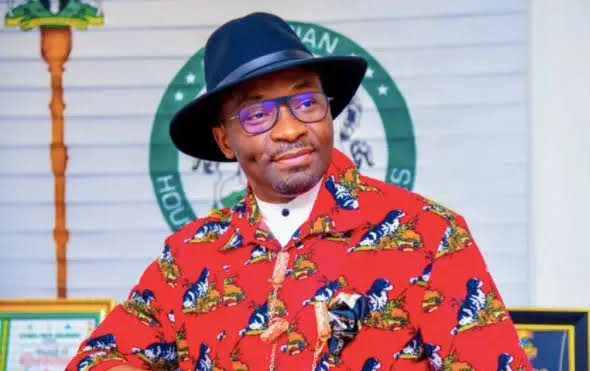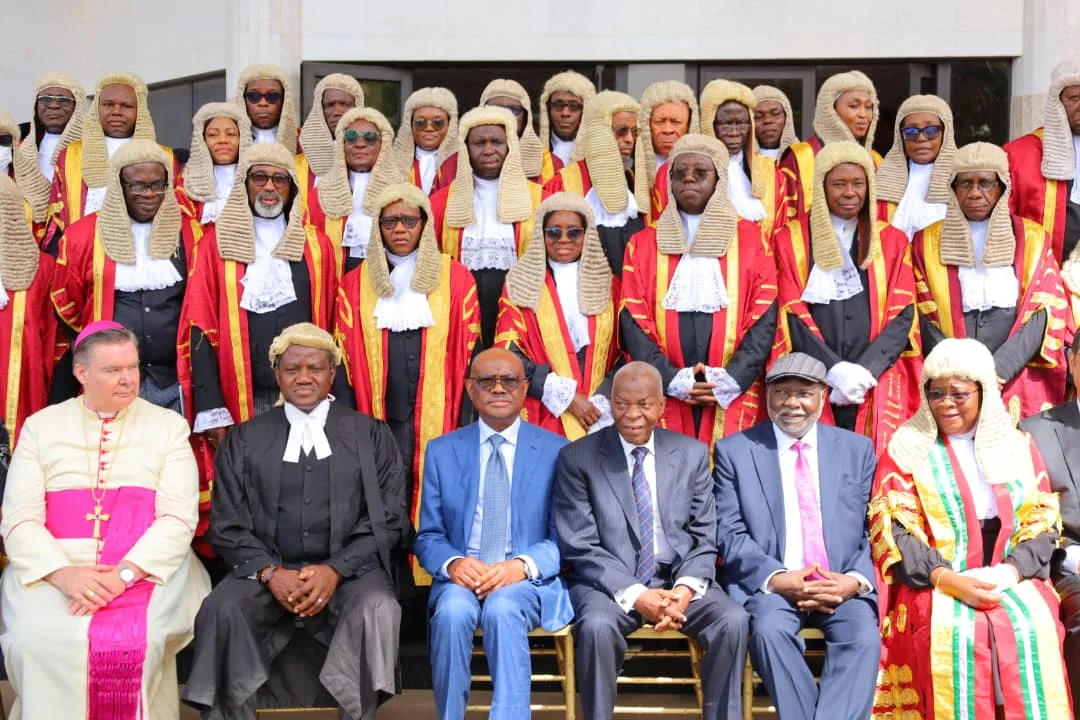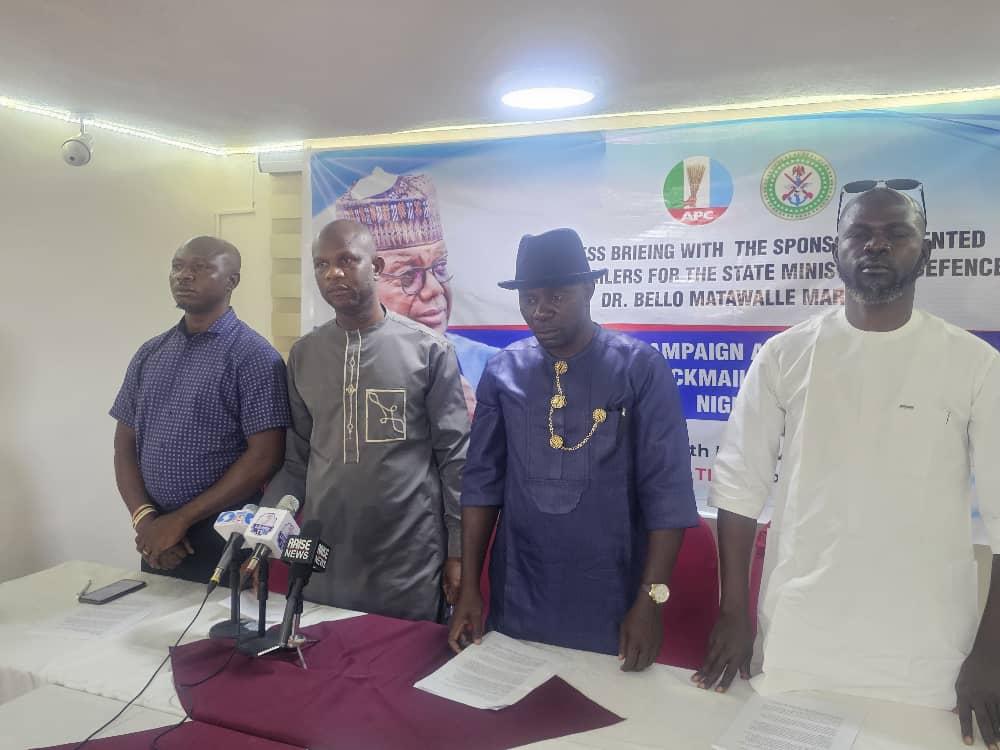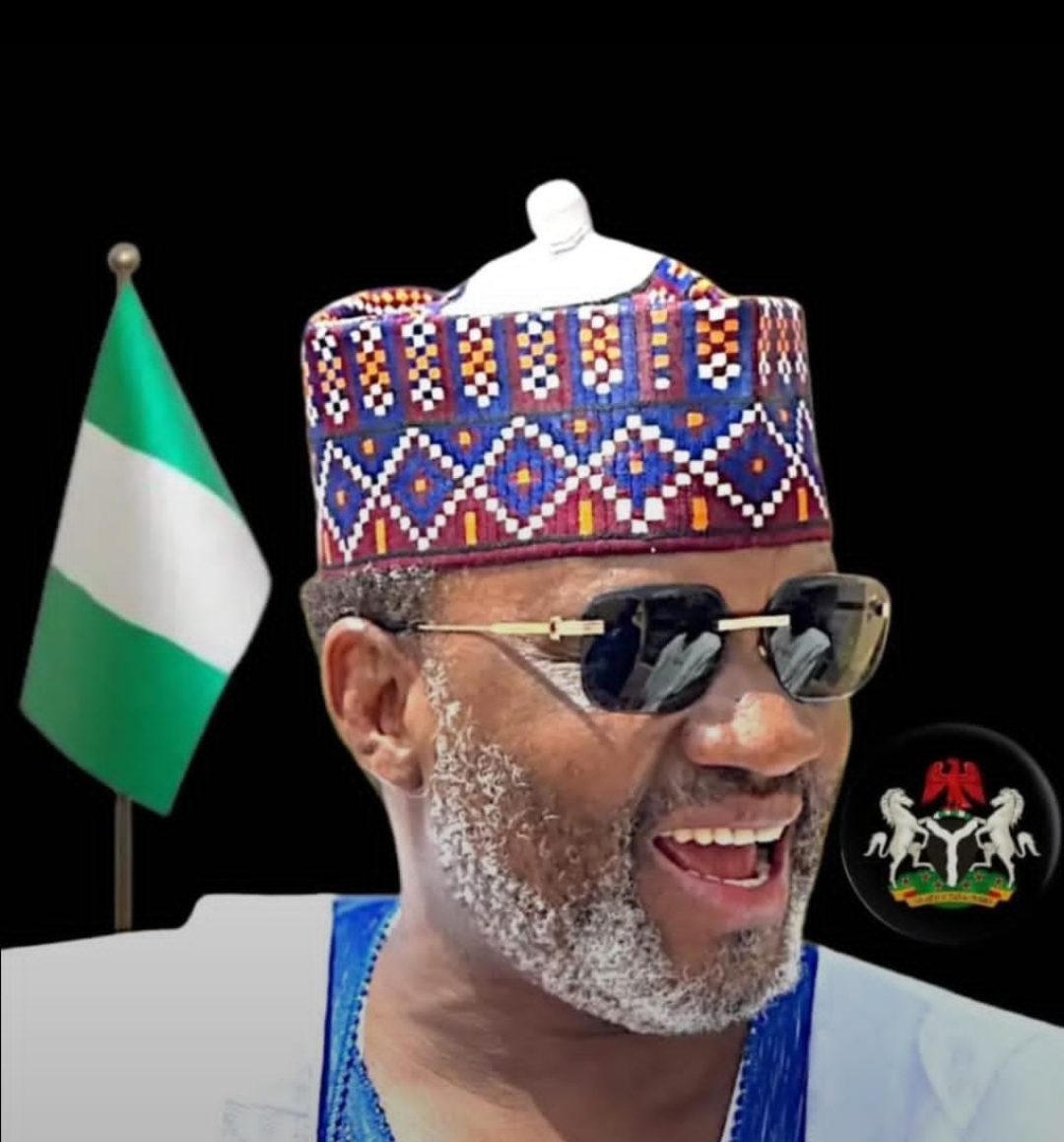The Deputy Speaker of the House of Representatives, Rep. Benjamin Kalu, has called on Nigerian youths to assume active leadership roles in shaping the country’s democracy.
He emphasised that this could be achieved through digital innovation and civic participation in the lead-up to the 2027 general elections.
Kalu made this call at the opening of the 2025 CiTech Summit, organised by the National Institute for Legislative and Democratic Studies (NILDS) to commemorate the 10th anniversary of World Youth Skills Day.
The News Agency of Nigeria (NAN) reports that the theme for the 2025 celebration is “Youth Empowerment through Artificial Intelligence (AI) and Digital Skills.”
The summit focused on the theme: “The Road to 2027; Leveraging AI and Digital Innovation to Deepen Citizen Participation and Inclusive Governance.”
Kalu stated that Nigeria’s future hinges on harnessing its vast digital potential to establish an inclusive, transparent, and technology-driven democratic system.
He noted that despite Nigeria’s projected 103 million internet users and over 205 million active mobile connections—representing 90.7 per cent of the population—the country still faces significant digital inequality.
“Only 45.5 per cent of our people have internet access nationally, and in rural areas, it’s just 23 per cent.
“This disparity defines our 2027 challenge: how do we build an inclusive, digitally enabled democracy when more than half of our citizens remain digitally excluded?”
“The road to 2027 is not paved with wishful thinking; it is paved with strategic action, institutional reform, and collective commitment,” he added.
Kalu stressed the need to leverage digital innovation not as an end in itself but as a means to achieve greater goals.
“Let us build a Nigeria where every citizen, regardless of location, gender, or socioeconomic status, has a voice, a vote, and a stake in the democratic future,” he stated.
The Deputy Speaker affirmed that the National Assembly is committed to supporting young people in taking on leadership roles.
“We are actively reviewing legislative frameworks to lower the financial barriers to political participation, enhance youth representation in party structures, and create pathways for youth-led civic innovation,” Kalu explained.
However, he cautioned that legislation alone would not suffice, urging youths to organise, mobilise, and claim their rightful place in Nigeria’s democratic future.
“Utilise digital platforms not just for consumption, but for creation. Develop civic tech tools that track government projects, monitor budgets, and expose corruption.
“Use your voices on social media not just to criticise, but to propose solutions, run for office, support candidates who share your values, vote, and hold your leaders accountable.
“Democracy is not a spectator sport; it requires your active, sustained, and strategic participation,” he asserted.
The Director-General of NILDS, Prof. Abubakar Suliaman, encouraged youths to think boldly and creatively about how technology can enhance their participation in governance.
He urged them to challenge the status quo, dismantle barriers to inclusion, and work collectively to build a democratic system that is inclusive and forward-looking.
“The future of our democracy depends on the engagement of Nigerian young people. It relies on their ideas, energy, and commitment to justice and equity as we navigate the digital frontier.
“Let us proceed with the conviction that our collective efforts today will lead to a more inclusive and vibrant democracy for all,” he stated.
Earlier, Mr Yusuf Laidi, the founder of ILEAD Africa, a group of innovative thinkers, remarked that the theme was a call to action to reimagine how to engage citizens, build trust in governance, and empower young people.
“As the country approaches a critical electoral cycle in 2027, we must move beyond retrogression to innovation.
“We must turn technology into a tool for transparency and accountability.
“We must actively participate to ensure that governance in Africa, and Nigeria in particular, truly reflects the voices and aspirations of its people,” he concluded. (NAN)





